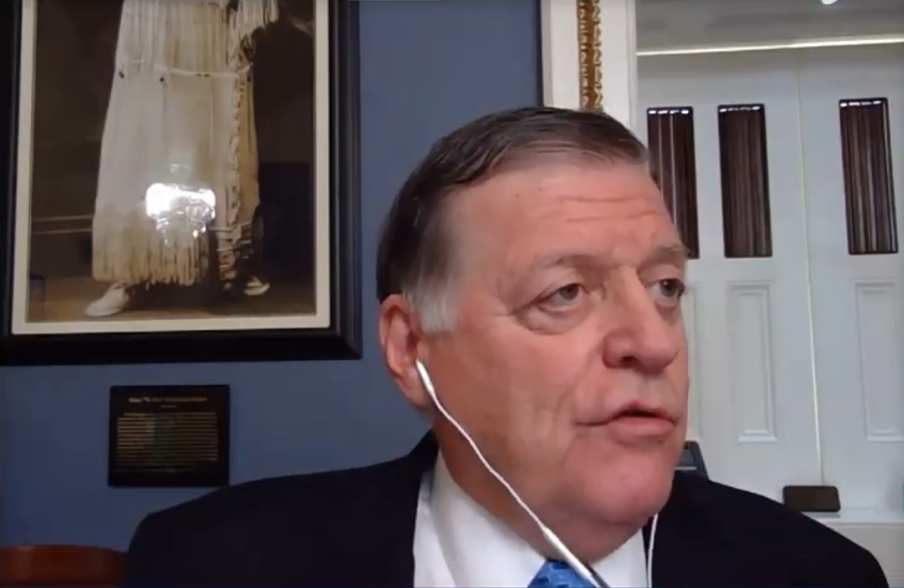House Republicans Say New Infrastructure Bill Will Be ‘Dead on Arrival’ In the Senate
June 29, 2020 — In a meeting of the House Rules Committee, Republicans said that even if the INVEST in America Act passed in the House, it would be dead on arrival in the Senate. The bill provides nearly $500 billion in funding for transportation infrastructure and broadband construction. Calling it










Member discussion